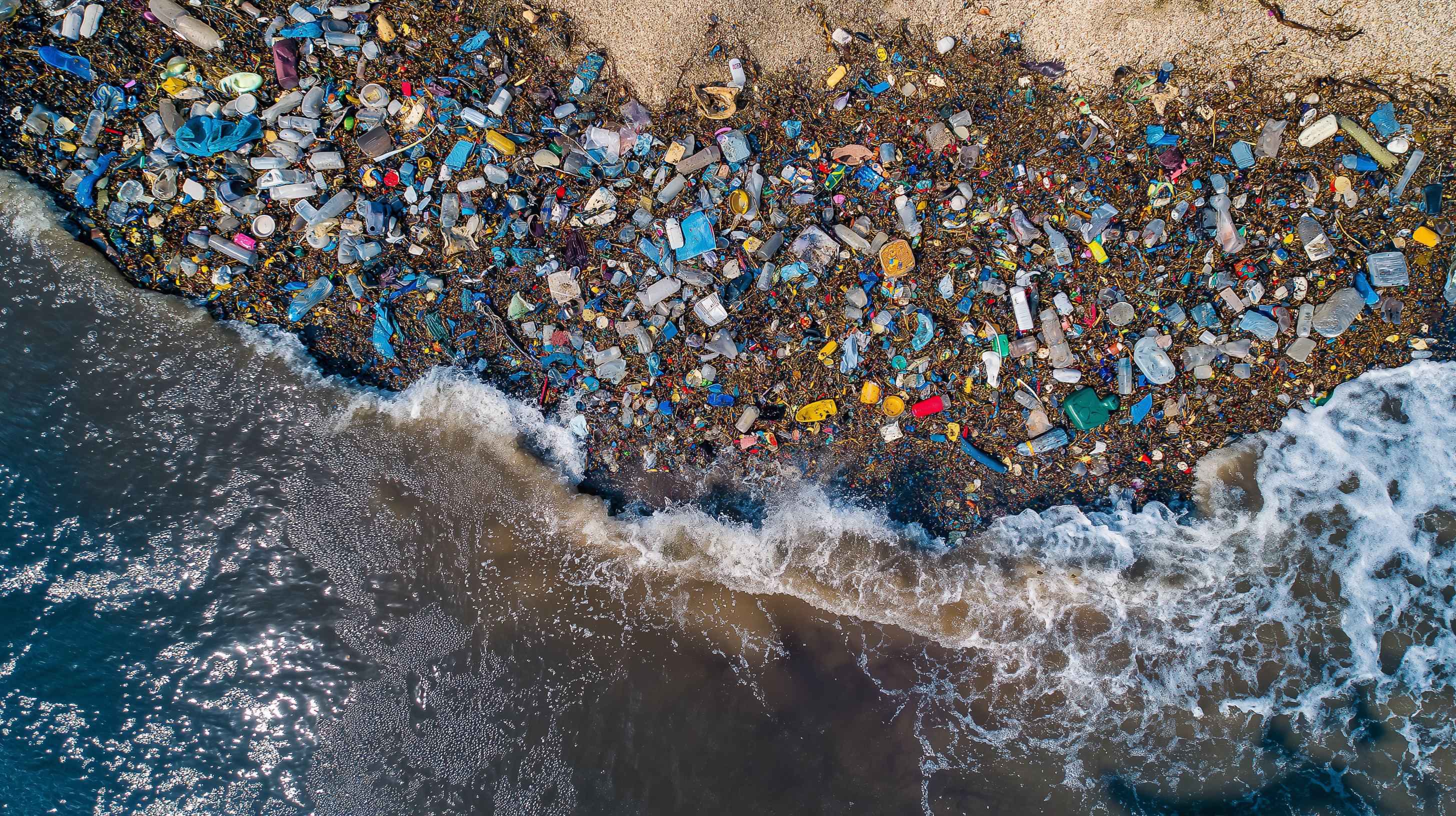Plastic is one of humanity’s greatest paradoxes. It is cheap, durable, and useful in almost every aspect of modern life. Yet those same qualities have made it one of our greatest burdens. Billions of tons of single-use plastics accumulate each year, and only a fraction ever gets recycled. The rest is burned, buried, or scattered across the planet in forms that linger for centuries.
Now, researchers at Northwestern University may have found a game-changing way forward. Their discovery—a nickel-based catalyst that can break down mixed plastics, even those contaminated with the notoriously difficult PVC—could dramatically simplify recycling. This breakthrough has the potential to transform one of the world’s most intractable waste problems into a renewable source of valuable products.
Why Plastics Have Been So Hard to Recycle
Polyolefins, including polyethylene and polypropylene, make up nearly two-thirds of global single-use plastic consumption. They’re found in yogurt cups, milk jugs, grocery bags, shampoo bottles, snack wrappers, and even medical masks. More than 220 million tons are produced annually. Yet recycling rates hover between 1% and 10% worldwide.
The reason is structural. Polyolefins are made of carbon-carbon bonds—among the strongest and most unreactive in chemistry. They were designed to last, and they do. Breaking them down requires extreme heat, complicated separation processes, and expensive catalysts made of scarce metals like platinum or palladium. And when other plastics like PVC enter the mix, the process usually collapses entirely.
The Nickel Revolution
The Northwestern team set out to find an elegant, low-cost solution. They developed a single-site nickel catalyst capable of targeting polyolefins selectively, breaking them down into useful oils and waxes that can be repurposed as fuels, lubricants, and other higher-value products.
Unlike blunt catalysts that indiscriminately shred molecules, this one acts like a surgical scalpel, cutting with precision. Even more impressive, it operates at lower temperatures, lower pressures, and with ten times less catalyst than conventional methods.
And here’s the twist: contamination by PVC, which normally destroys recycling processes, actually made this catalyst perform better. What was once the greatest barrier to recycling may now become a surprising accelerant.
From Trash to Treasure
The implications are enormous. If sorting could be minimized and contamination tolerated—even encouraged—the costs of recycling would plummet. Mixed waste streams that currently go straight to landfills could be upcycled into new products at scale.
Imagine a world where:
- Household trash bins no longer require meticulous sorting; most plastics could go into a single stream.
- Cities transform waste management from a cost center into a profit center by selling the oils and waxes produced.
- Industries design new supply chains around continuous cycles of plastic-to-fuel-to-product.
- “Unrecyclable” plastics—once the bane of recycling plants—become feedstock for innovation.
This kind of transformation would fundamentally reshape how humanity views waste.
The Larger Shift
If plastics can be efficiently upcycled, it won’t just change recycling. It will change manufacturing itself. Why drill for new oil to make plastics if yesterday’s yogurt cup can provide the raw materials? Why invest in landfills if they can be mined for fuel?
Polyolefins, once considered a curse of convenience culture, could become the backbone of a circular economy for materials. The very thing that has haunted the planet might become one of its most valuable renewable resources.
Final Thoughts
For decades, plastic has symbolized humanity’s inability to manage its own creations. But breakthroughs like Northwestern’s nickel catalyst suggest a new narrative. Instead of drowning in waste, we may be on the verge of reimagining it as an abundant resource—one that fuels new industries and rewrites the economics of consumption.
The future of plastic may not be about elimination, but transformation. What was once trash could soon become treasure, and the lowly catalyst may be remembered as the quiet hero that changed it all.
Read more on related topics:
- The Coming Age of Materials That Never Die
- How Chemistry Breakthroughs Will Transform the Future of Manufacturing


